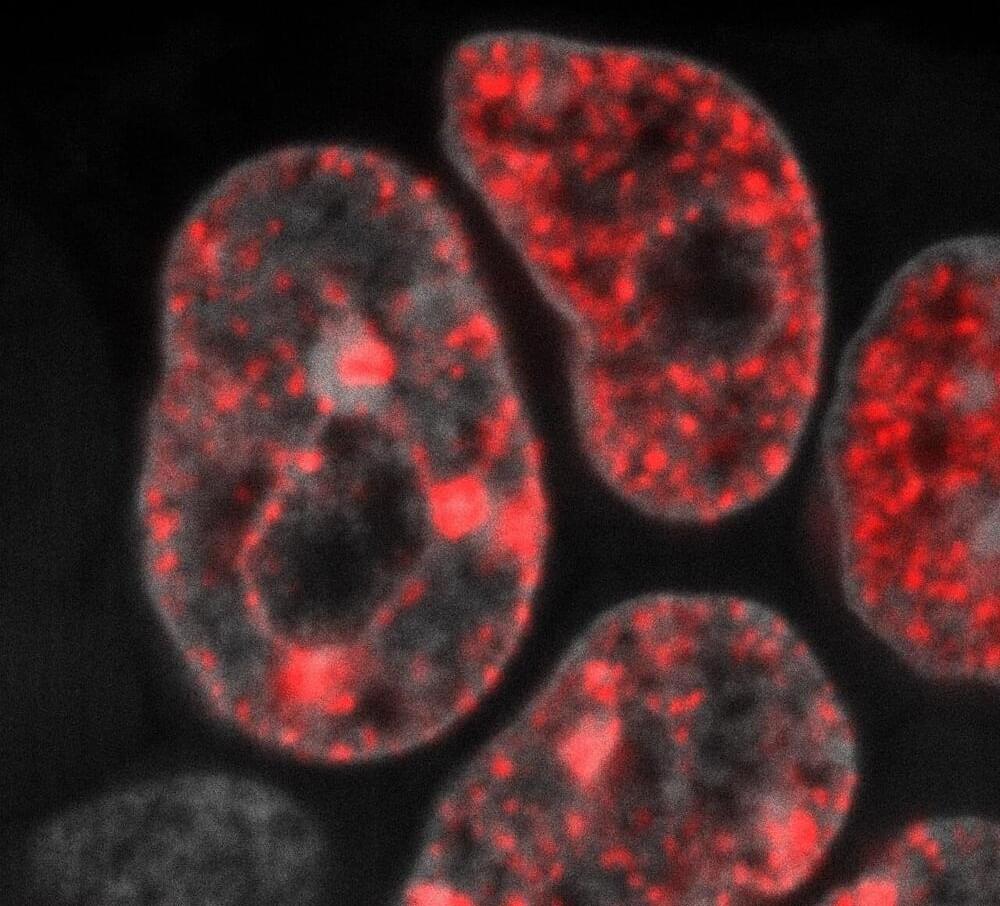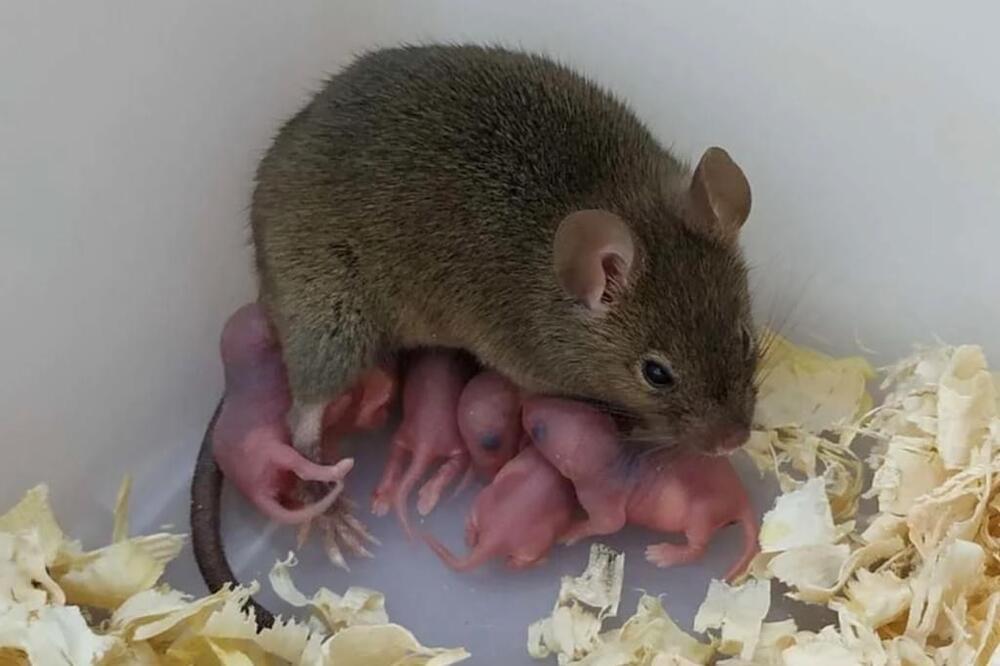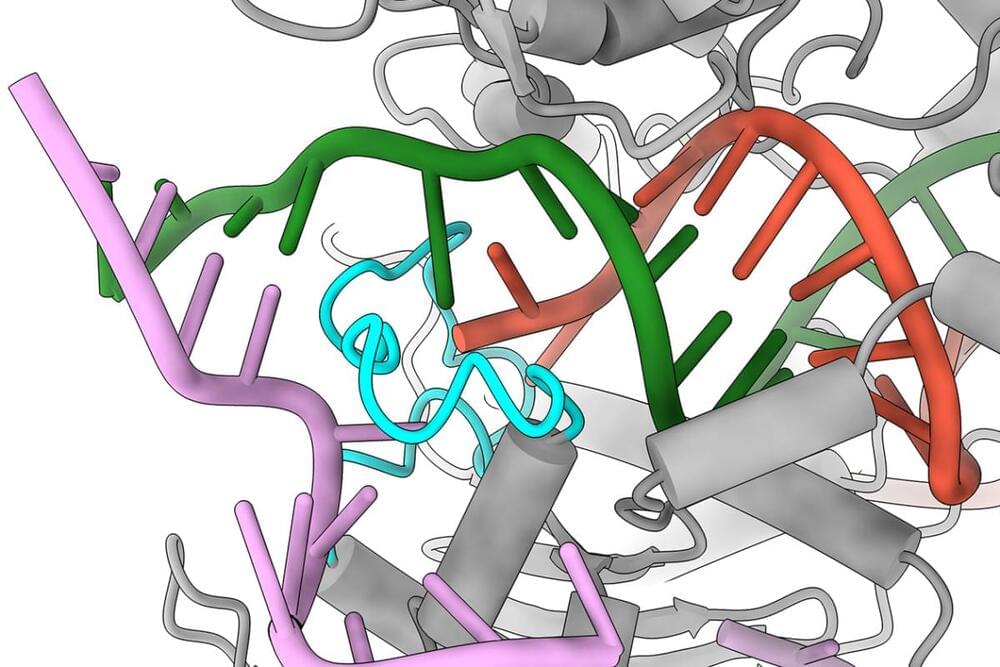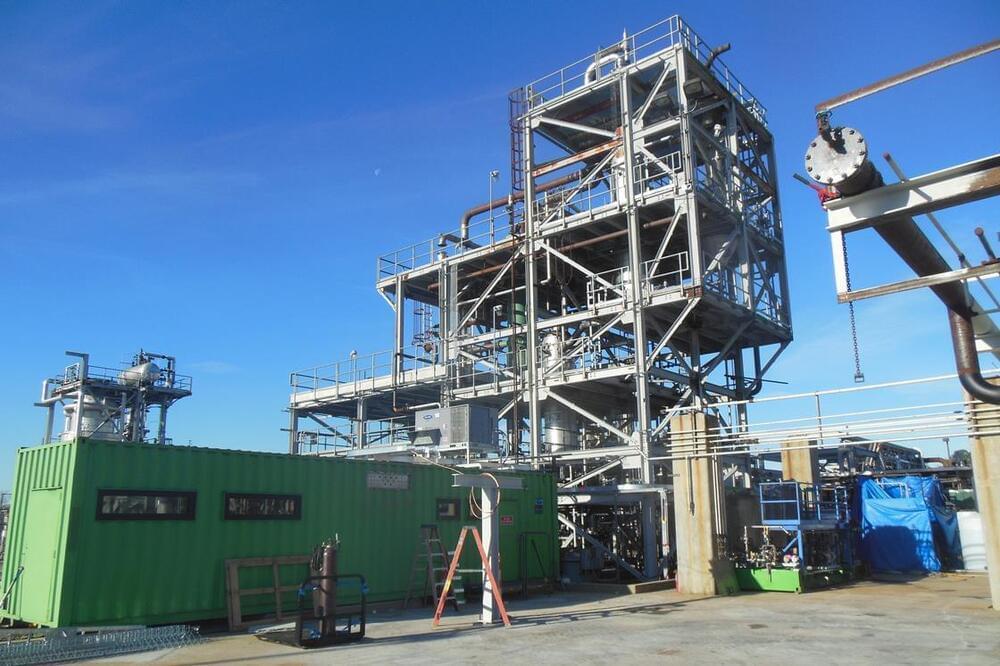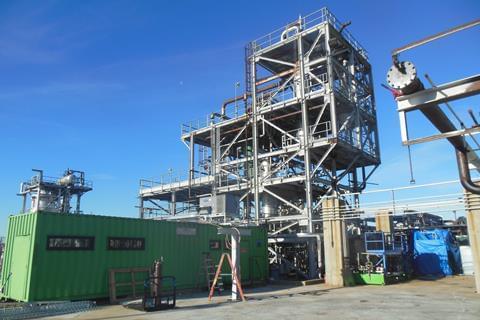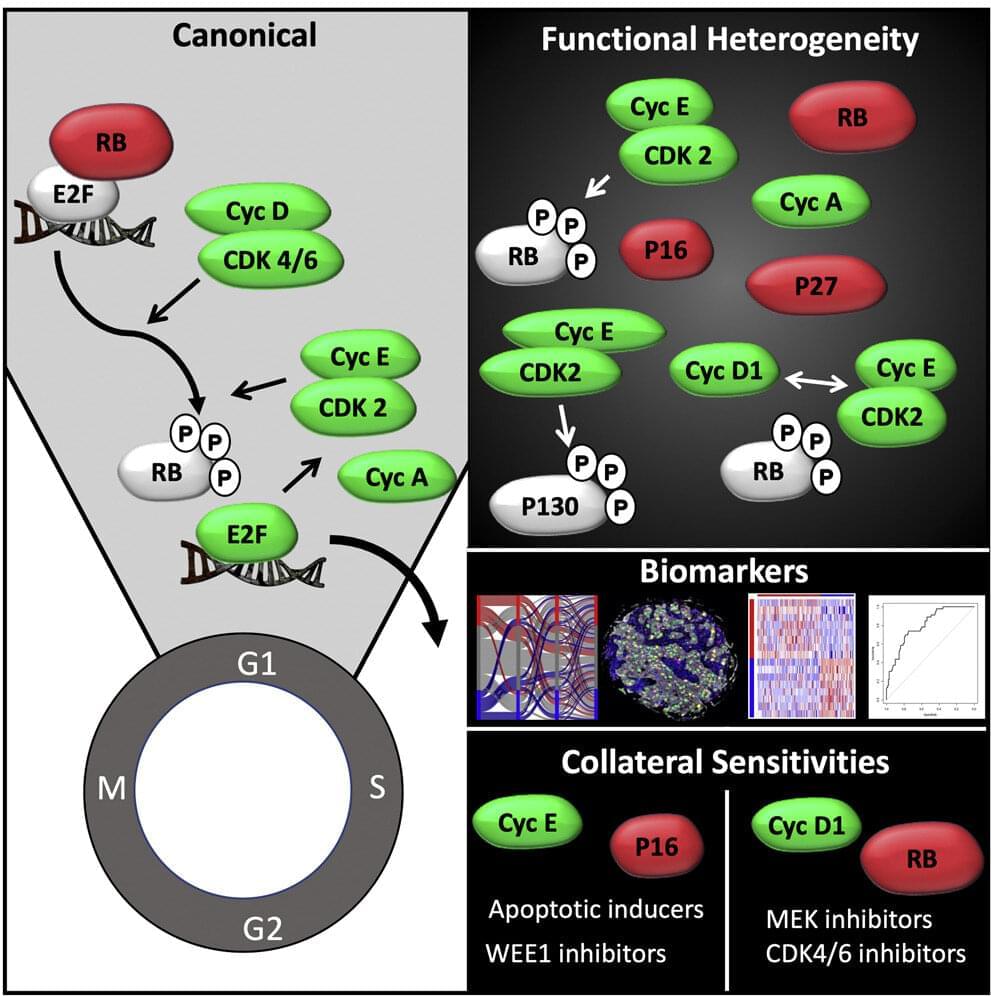A totipotent cell is a single cell that can give rise to a new organism, if given appropriate maternal support. Totipotent cells have many properties, but we do not know all of them yet. Researchers at Helmholtz Munich have now made a new discovery.
“We found out that in totipotent cells, the mother cells of stem cells, DNA replication occurs at a different pace compared to other more differentiated cells. It is much slower than in any other cell type we studied,” says Tsunetoshi Nakatani, first-author of the new study.
DNA replication, in fact, is one of the most important biological processes. Throughout the course of our lives, each time that a cell divides it generates an exact copy of its DNA so that the resulting daughter cells carry identical genetic material. This fundamental principle enables faithful inheritance of our genetic material.
